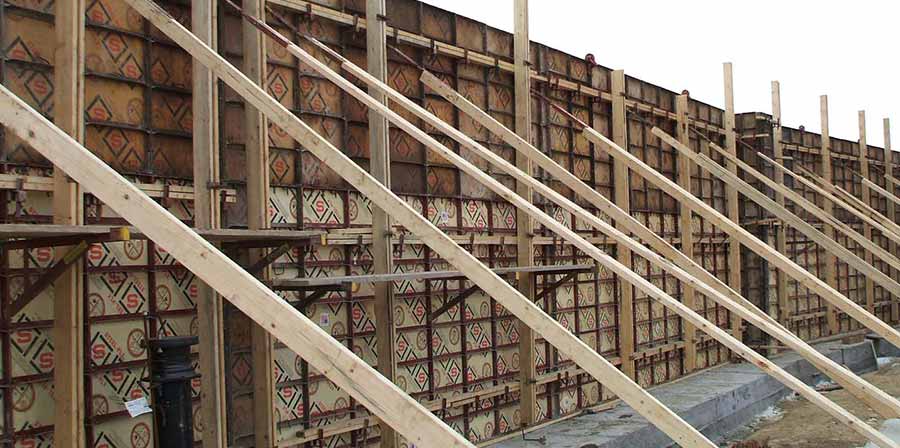Jul . 28, 2024 17:41 Back to list
Innovative Solutions for High-Quality Formwork Production in Construction Industry Factories
The Importance of Formwork in Construction A Closer Look at Formwork Factories
In the construction industry, efficiency, accuracy, and safety are paramount. One of the most critical components that contribute to these factors is formwork. This temporary structure, essential for shaping concrete during the curing process, is fundamental to the construction of buildings, bridges, and other infrastructure. Formwork factories play a vital role in this process, providing the necessary framework that ensures quality in construction projects.
Understanding Formwork
Formwork refers to the molds into which concrete is poured to create specific shapes and structures. It can be made from a variety of materials, including wood, steel, and plastic, and is designed to support the concrete until it hardens sufficiently to maintain its shape independently. With the increasing demand for rapid construction and high-quality finishes, the need for innovative and efficient formwork solutions has never been greater. This is where formwork factories come into play.
The Role of Formwork Factories
Formwork factories specialize in the manufacturing of various types of formwork systems, each tailored to meet the needs of different construction projects. They produce modular formwork, which can be easily assembled and disassembled, making it ideal for projects requiring speed and flexibility. Additionally, they create custom formwork solutions designed specifically for unique architectural requirements or innovative building designs.
The process begins with the design phase, where engineers and architects collaborate to determine the most suitable formwork system for the project at hand. Once the design is finalized, formwork factories utilize advanced technologies like computer-aided design (CAD) and automated machinery to produce the components with precision. This technological integration not only enhances the quality of the formwork but also reduces the time required for manufacturing and assembly on-site.
Benefits of Using Formwork from Dedicated Factories
construction formwork factory

1. Quality Assurance Formwork factories uphold strict quality control measures to ensure that every piece meets industry standards. This attention to detail minimizes the risk of defects during the pouring process, leading to a more durable and reliable structure.
2. Cost-Effectiveness By producing formwork in bulk and optimizing materials usage, factories can offer competitive pricing. This economic advantage is particularly beneficial for large-scale projects requiring extensive formwork.
3. Safety Compliance Safety is a critical concern in construction, and formwork factories are responsible for adhering to safety regulations. Well-manufactured formwork reduces the risk of accidents associated with structural failures, ensuring a safer working environment.
4. Sustainability Many formwork factories are now focusing on sustainable practices by using recyclable materials and promoting reusable formwork systems. This shift not only reduces waste but also aligns with the growing emphasis on environmentally conscious construction practices.
Conclusion
In conclusion, formwork factories are an integral part of the construction industry, providing essential products that enhance the efficiency, safety, and quality of building projects. With the continuous advancements in technology and design, these factories are adeptly positioned to meet the evolving demands of modern construction. As the industry moves towards more innovative and sustainable practices, the importance of formwork and its manufacturers will undoubtedly increase, making them a cornerstone of successful construction operations worldwide.
By investing in quality formwork solutions and partnering with skilled manufacturers, builders can ensure that their projects are completed on time, within budget, and to the highest standards of safety and quality.
-
Expert Ringlock Scaffolding: Durable, Safe, Efficient Solutions
NewsAug.28,2025
-
Ringlock Scaffolding: Strong, Safe & Efficient Solutions
NewsAug.27,2025
-
OEM Column Formwork: Circular, Curved & Inclined Solutions
NewsAug.26,2025
-
Premium Scaffolding Jacks: Stable, Adjustable & Durable
NewsAug.25,2025
-
OEM Wall Formwork & Shuttering: Flexible & Curved Solutions
NewsAug.24,2025
-
Adjustable Heavy Duty Props for Slab Formwork | Strong & Reliable Support
NewsAug.23,2025